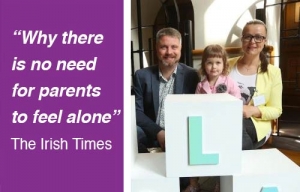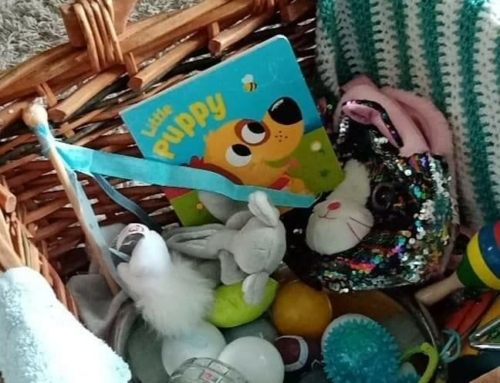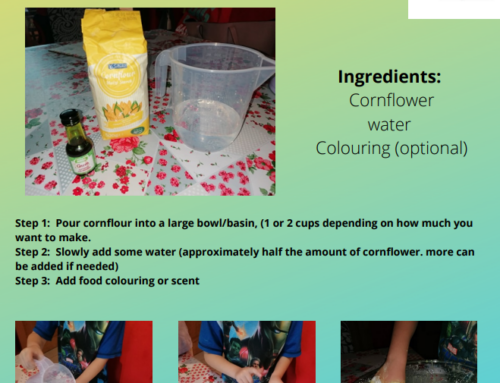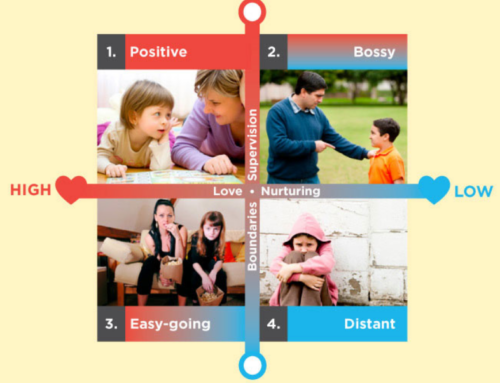Last week Sharleen looked at racism and discrimination. Respect for others is a willingness to understand each other. Understanding of how others feel. By respecting each other’s feelings we can develop rich, meaningful relationships. So when and how do we develop an understanding of feelings for others? It begins early in life!
Research studies and experience with child rearing highlight how much children learn by imitating others. In earlier blogs we talked about how young children learn and how important we as parents are as role models. Today I am going to discuss the importance of showing respect for our children’s feelings. Simply because, this is when respect for feelings are developed!
The importance of modeling the positive traits we wish our children to possess has been proven time and time again. For example, if you show respect for your child’s feelings, they will grow up showing this same quality.
Issue 26 focuses on children who are two years old. And as a toddler your child doesn’t have the words to fully express their feelings. Therefore, as a parent it is important to to be mindful of this and sensitive towards your child. They need time to develop the language and skills needed to let others know how they are feeling.
I am going to look at a way we can help our child to overcome this sense of inadequacy and help them build a strong self-identity. The late Dr. Haim Ginott championed this approach and it is known as the ‘feedback technique’.
Picture the scene! You’re having coffee with a friend and your child comes running to tell you about something that is very important to them.
Remember they aren’t a fluent speaker yet and they are speaking in a hurry. You don’t know what they are trying to tell you.
First, let’s talk about what we can do:
- Echo what your child has said to you as best you can and replace the part you can’t understand with one of the ‘wh’ words (who, what, where, why).
For example.
Your toddler, “Sam broke too me ever”.
Your response, “Sam broke what?”
- Assure your child that you truly understand his feelings (even if you don’t understand what they are saying).
Reflecting your child’s feelings back to them is very reassuring and helps them develop self-confidence.
None of us ever outgrows the basic need for emotional support. For your child, this can be expressed by a hug or a squeeze. Then reassure them with some simple feedback like, “I know you are upset. I understand how you feel. Tell me about it”.
Treating your child as an individual with their own personal dignity will help them overcome their feelings of helplessness or inadequacy. It is also the best way to help your child gain self-confidence and build a positive sense of self-concept.
Now, let’s look at what not to do.
- Don’t belittle your child with criticism, “No one can understand you when you talk like that!”
- Don’t threaten them, “If you don’t talk clearly I’ll have to send you to your room”.
- Don’t bribe them, “If you say it nicely you can have a biscuit”.
- Don’t command them, “Say it properly so we know what you mean”.
- Don’t overprotect, “Oh you poor thing – you just haven’t learned to talk yet”.
In summary, by knowing how to deal appropriately with your child and by knowing what not to do, you can help build your child’s self-esteem and develop greater self-confidence. By respecting their feelings at this young age you are building the foundations of your child’s ability to respect the feelings of others on their journey through life. I hope you find this helpful and remember there is so much more in our complete Growing Child available online.







